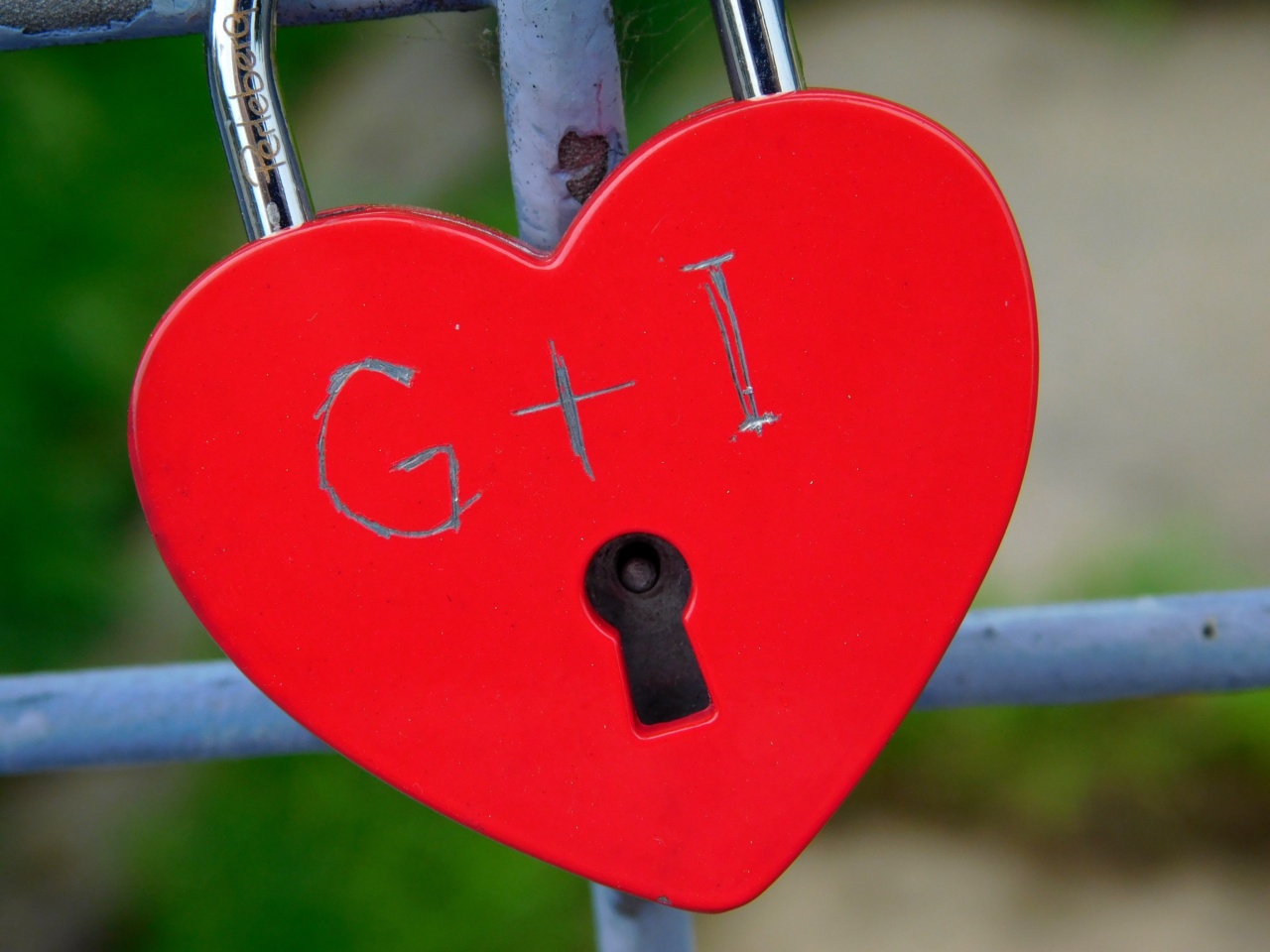A heart attack can happen to anyone, at any time. It is important to recognize the first signs of a heart attack so that treatment can be sought immediately.
A heart attack, also known as a myocardial infarction, occurs when the flow of blood to the heart is blocked, usually due to a blood clot. The longer the heart is deprived of oxygen, the more damage is done to the heart muscle. Early recognition of the first signs of a heart attack can be the difference between life and death.
Chest Pain and Pressure
The most common symptom of a heart attack is chest pain. The pain can feel like a tightness, pressure or squeezing sensation in the chest. Some people may describe the pain as if someone was sitting on their chest.
The pain may also radiate to other parts of the body such as the jaw, neck, arms, back or stomach. The pain may come and go, or it may be constant.
Shortness of Breath
Shortness of breath is another common first sign of a heart attack. This can occur with or without chest pain. The person may feel like they are gasping for air, or they may feel like they cannot catch their breath.
This is because the heart is not pumping effectively, and the body is not getting enough oxygen.
Lightheadedness or Dizziness
Lightheadedness or dizziness can occur as a result of the decreased blood flow to the brain. This can make the person feel faint or dizzy. Some people may even pass out.
Sweating
The body may also respond to a heart attack by sweating profusely. This is the body’s way of trying to cool down and regulate its temperature.
Nausea or Vomiting
Nausea or vomiting can also be a first sign of a heart attack. This can be due to the body responding to the lack of oxygen or due to the body releasing stress hormones in response to the heart attack.
Anxiety or Panic
Some people may experience feelings of anxiety or panic during a heart attack. This can be due to the body’s natural response to stress.
Fatigue
Feeling excessively tired or fatigued can also be a warning sign of a heart attack. This is because the body is not getting enough oxygen, and the heart is working harder to pump blood to the rest of the body.
Cold Sweats
Cold sweats may occur as a result of the decreased blood flow to the skin. This can make the person feel cold and clammy.
Jaw Pain
Jaw pain can be a less common but still important warning sign of a heart attack. The pain may be felt in the jaw, neck or back.
Arm Pain
Like jaw pain, arm pain can also be a warning sign of a heart attack. The pain may be felt in the left arm, but it can also be felt in the right arm.
Conclusion
If you or someone you know is experiencing any of these symptoms, it is important to seek medical attention immediately. Do not wait to see if the symptoms go away on their own. The longer you wait to seek treatment, the more damage is done to the heart.
Remember, recognizing the first signs of a heart attack can be the difference between life and death.




























